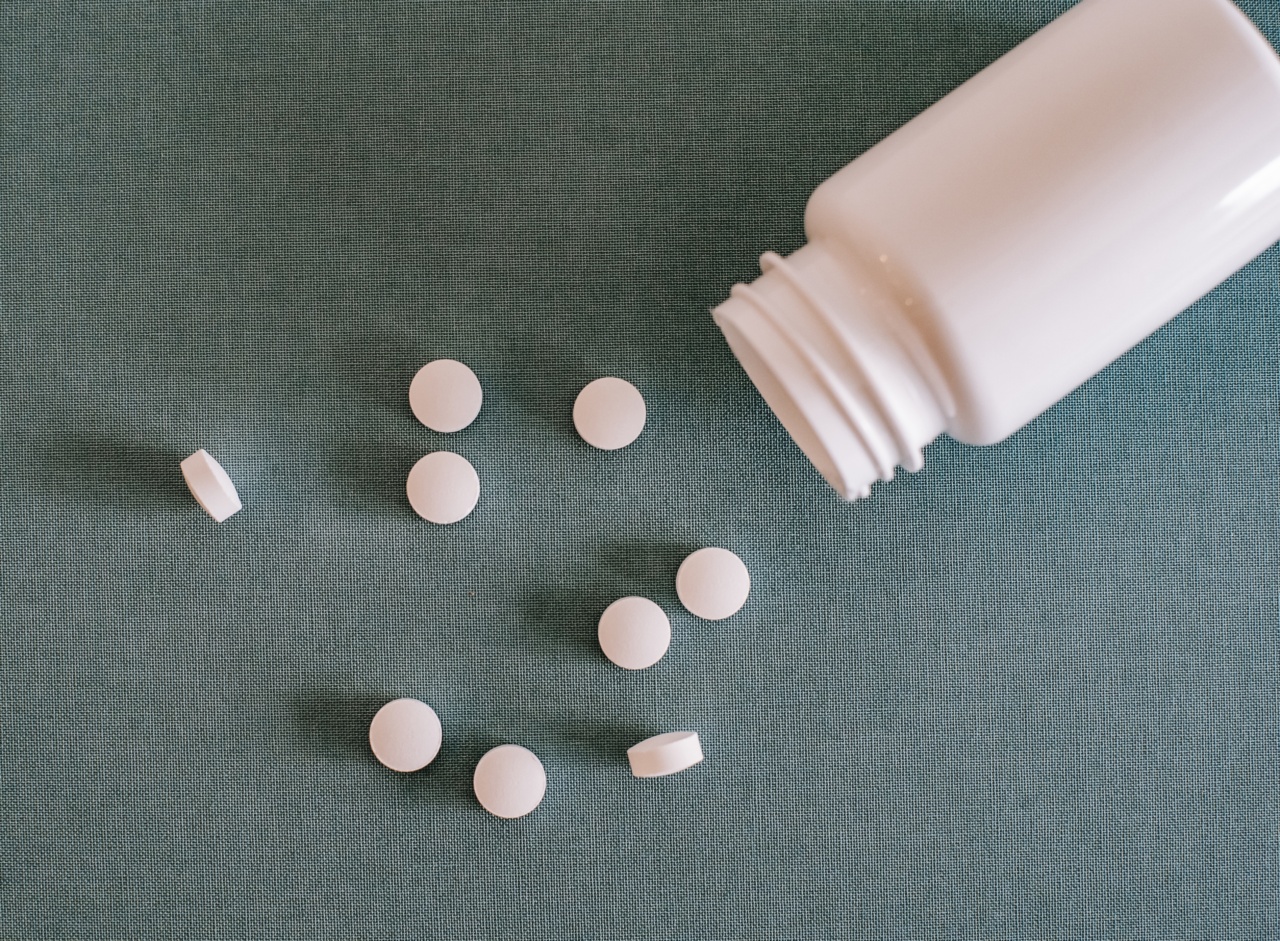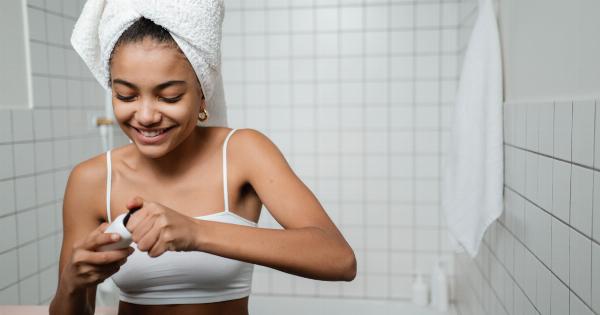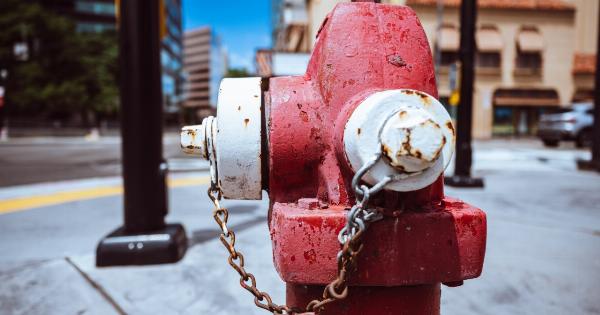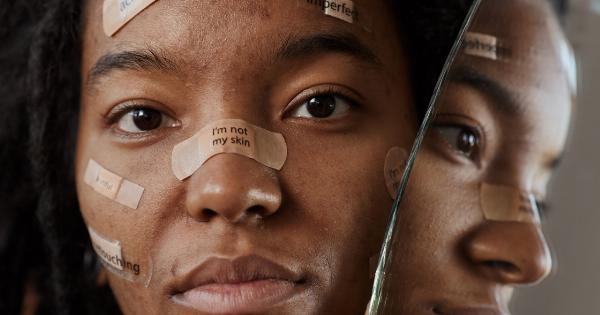Pimples, also known as acne, are a common skin condition that affects millions of people worldwide. They can be unsightly, painful, and can leave behind scars if not treated properly.
While it’s impossible to completely eliminate the possibility of developing pimples, there are several steps you can take to prevent them from forming and minimize their occurrence. In this article, we will discuss ten effective ways to prevent pimples and maintain clear, healthy skin.
1. Keep Your Face Clean
One of the primary causes of pimples is the accumulation of dirt, excess oil, and dead skin cells on the skin’s surface. To prevent this buildup, it’s crucial to keep your face clean.
Wash your face twice a day using a gentle cleanser specifically formulated for your skin type. Avoid using harsh soaps or scrubbing your face vigorously, as this can irritate the skin and lead to more pimples.
2. Avoid Touching Your Face
Our hands come into contact with numerous bacteria and germs throughout the day. Touching your face with dirty hands can transfer these microorganisms to the skin, leading to clogged pores and breakouts.
Make a conscious effort to refrain from touching your face unnecessarily, and if you must touch it, wash your hands thoroughly before doing so.
3. Follow a Healthy Diet
What you eat can have a significant impact on your skin’s health. Consuming a diet rich in fruits, vegetables, lean proteins, and whole grains can provide your body with essential nutrients and antioxidants that promote clear skin.
Stay away from greasy, fatty foods, as they can exacerbate acne by increasing oil production in the skin.
4. Stay Hydrated
Drinking an adequate amount of water is essential for maintaining healthy skin. Proper hydration helps flush out toxins from your body and keeps your skin hydrated and supple.
Aim to drink at least eight glasses of water per day, and avoid excessive consumption of sugary beverages that can contribute to skin problems.
5. Use Non-Comedogenic Products
When selecting skincare and cosmetic products, make sure to choose non-comedogenic options. Non-comedogenic products are specifically designed not to clog pores, reducing the chances of acne formation.
Look for labels that indicate that the product is oil-free, fragrance-free, and suitable for acne-prone skin.
6. Keep Hair Clean and Away from the Face
Just like dirty hands, unwashed hair can transfer oil, dirt, and styling products to the face. This can lead to clogged pores and pimples along the hairline and forehead. It is advisable to wash your hair regularly, especially if it tends to be oily.
Additionally, consider keeping your hair away from your face by using a headband or tying it back, especially while sleeping.
7. Avoid Excessive Sun Exposure
While limited sun exposure can be beneficial for the skin, excessive exposure to harmful UV rays can damage the skin and worsen acne. Always wear a broad-spectrum sunscreen with an SPF of 30 or higher before going outside, even on cloudy days.
Opt for oil-free and non-comedogenic sunscreens to prevent pore blockage.
8. Minimize Stress Levels
Stress can wreak havoc on your skin, triggering hormonal changes that contribute to acne formation. Find healthy ways to manage stress, such as engaging in regular physical exercise, practicing yoga or meditation, and getting enough sleep.
Developing healthy coping mechanisms can help prevent stress-induced breakouts.
9. Don’t Squeeze or Pop Pimples
It can be tempting to squeeze or pop a pimple when you notice it, but doing so can worsen the condition and lead to scarring. Squeezing a pimple can push bacteria deeper into the skin, causing additional inflammation and prolonging the healing process.
Instead, apply a spot treatment containing benzoyl peroxide or salicylic acid to reduce inflammation and promote healing.
10. Seek Professional Help if Needed
If you have persistent or severe acne that does not respond to home remedies or over-the-counter treatments, it may be time to consult a dermatologist.
A dermatologist can assess your skin condition, prescribe medications if necessary, and provide personalized advice on how to prevent pimples and improve your overall skin health.






























